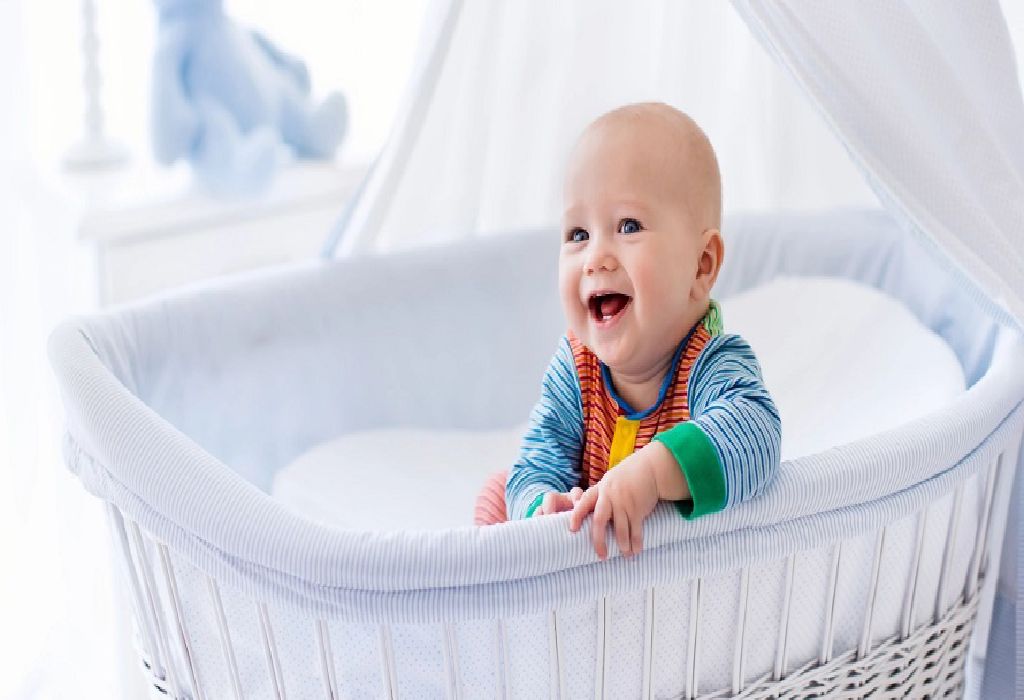There are a lot of things that you have to be prepared for as a parent. One thing that nobody wants to consider is the possibility of their child getting in an accident. As unpleasant as it is to think about, it is essential to be aware of all of the risks and take the steps to guard against them.
Tips on living safely with a newborn child
Childhood accidents are very prevalent. Each year, around 2,000 children under the age of 14 die in their own homes. Especially during the first two years of life, children will learn something new almost every day. Here are some safety tips to consider.
Make sure the car is safe
You need to make sure that your car will be safe for your new child. The most important thing is to make sure the baby has a car seat safety head support to brace them for any risks.
Remember that your child is going to be faster than you expect
Each age of a child’s life is new and exciting for his or her parents, but each developmental step also carries the risk of injury. It is not uncommon for parents to be surprised by the next developmental stage. They do not expect the child to reach the kettle, open the oven door or turn on the hot water. Thinking ahead helps prevent accidents. In all preventive measures that are taken, the next developmental steps should already be considered.
Realize that prevention is better than cure
It’s best to childproof your home and it is especially important to childproof your child’s room right from the start. This reduces the risk of unpleasant surprises later, when your child is able to crawl. Unfortunately, absolute safety is sadly never going to be possible, but by taking a few simple precautions you can significantly reduce the risk of accidents.
Your home should be as safe possible by the time your child has begun to walk, at the very latest. You should go on a journey of discovery through the home by stopping down to be the same height as your child will be when they are crawling. You will be amazed at what is suddenly within your child’s reach. The biggest danger zones include:
- Electrical outlets
- Electrical appliances, the oven or knives in the kitchen
- Cables lying around
- Open fires, matches or lighters
- Stairs
- Windows and balcony doors
- Furniture corners and edges
- Unattached shelves
- Cleaning materials
- Medicines
You have to make sure that all of these things are made as safe as possible.

Be aware of unique safety risks for new babies
Even if your child is not yet walking, accidents can happen at this age. For example, as soon as your child can grasp small objects that he or she could swallow, they are going to face a possible danger. Also keep in mind that your child could suddenly turn on its own from one day to the next, causing it to fall off the changing table or sofa.
Think about overlooked household hazards
Sockets, stairs or sharp edges are the classic sources of danger in the house or apartment. But there are many more lurking in your cleaning cupboard, and you should not ignore the more “invisible” dangers such as electrical components in your toys or the color of the children’s room walls.
Consider safety risks outside of the house too
In the garden, children can let off steam in the fresh air. But even here you should check what can become a danger for your child. A pond, garden tools or or the contaminated sandbox are only three of many sources of danger around the house.
Know what to do if something does happen
Eliminating all hazards around your child is impossible, something can always happen. So that you are well prepared in case your child gets hurt, you can get comprehensive information here.
Being prepared to deal with safety risks is very important
During pregnancy, the lives of expecting parents are characterized by anticipation. They are also characterized by uncertainty as to whether everything will go well. The emotional experience of the birth was followed by the postpartum period, which is a time when mom and dad can care for the baby together or relatives and friends were only too happy to support the young family.
Sooner or later, however, the family comes to terms with everyday life. This is a big change, especially for women who were previously employed and are now staying at home with the baby for the duration of their maternity leave or have chosen to leave their jobs indefinitely.
Many people, especially experienced mothers and grandmothers, will advise you to enjoy this very special time as it will never return and there will be days when you will reply, “If only it were that easy.” Even though life with the baby is wonderful, there are some challenges that are quite hard on a young mother.
